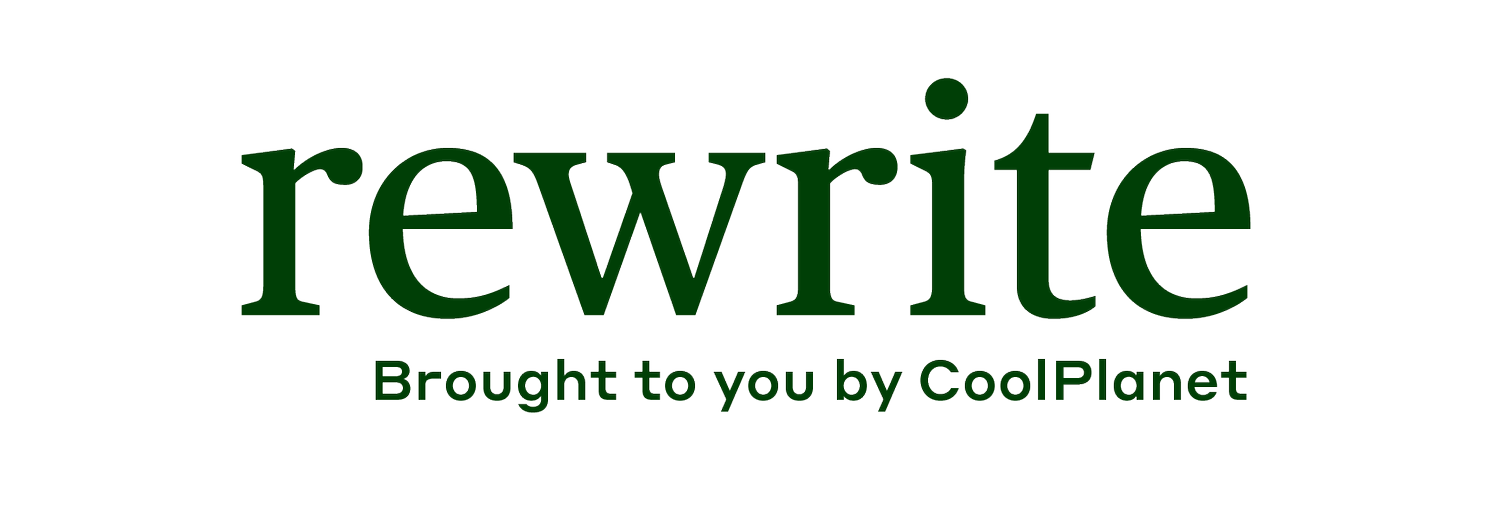Embedding sustainability in human resources
Climate change is a serious global issue - Just how great the impact will be, depends upon our success in reducing greenhouse gas emissions in line with the Paris agreement (to limit global warming to 1.5° Celsius). It’s a growing priority for governments worldwide but it’s also a major priority for businesses. Businesses emit greenhouse gases through their energy and resource use, transport and travel, waste management and supply chain.
In fact, every action and decision taken in an organisation has an environmental impact.
HR managers have the power to play a crucial role in implementing all aspects of environmental sustainability within a business regardless of its size, location or industry.
Because of their unique position, with relationships and engagement at every level throughout a company. Remember every employee deals with HR throughout their career. HR can encourage and enable a lens of sustainability for those making decisions and taking actions.
Your company may have a dedicated sustainability team or activities could be more siloed - either way HR can help to bring everyone together to contribute in a collective and systematic way. Here are some key practical steps
What’s already in place?
Look at existing policies, processes, values, awards and accreditation. Most organisations will have an environmental sustainability policy statement - this should describe the company’s strategy on climate - make sure it’s up to date and available to all employees, customers and stakeholders.
Job roles/ competency Framework
Job descriptions help employees understand what is required of them. Competencies should be included, describing what their responsibilities, authority and accountability are, in terms of environmental sustainability.
Your employees should know about the environmental impact of business in general, specifically your sector, as well as understanding the effects of climate change as a result of your company’s activity.
Skill competencies can be role-specific too, for example senior management need to understand emerging environmental and social trends, the changing role of business in society, how others are responding and of course the risks and opportunities for the company. Another example is finance leaders should know how to conduct environmental and social cost accounting, and use tools for scenario planning, back-casting and materiality analyses.
Your induction process
Induction is typically an employee’s first understanding of your company’s values and culture: how we do things here, what is important to us, and what we expect from you? So it's the perfect place to educate employees on how your company plans to achieve its sustainability targets.
Performance goals
Very specific individual and team objectives can be agreed around sustainability to help reach your company’s overall objectives. There’s huge potential if you can empower your employees to innovate and come up with the ideas and solutions.
Leaders 100% buy-in, demonstrating environmental friendly behaviour
Senior management, including senior HR professionals, must be 100% supportive of environmental initiatives. You senior management must be seen to be green if they are to encourage employees to change behaviours. HR can set an example, by participating in climate friendly behaviours and initiatives within its own department.
Provide flexible working
The opportunity to work flexibly or remotely is an attractive benefit but less commuting means less carbon emission and reduced emissions from lower energy use at your premises, win-win!
Rewards, recognition remuneration
Make sure that employees who meet their goals and objectives around sustainability are properly rewarded. Feedback, praise and remuneration all have an important effect on individuals’ self-esteem and engagement.
Also investigate whether your pension fund investments are in line with your organisation’s ethical and environmental standards?
Embed sustainability into learning and development
Last but not least - provide training on: the fundamentals of climate change, causes and impacts and its relevance to your industry and how you as an individual and as a business can respond.
Climate training is the way to ensure that sustainability is embedded into every person’s role in your organisation. Employees should understand things like: carbon footprints, energy efficiency, how to reduce waste and optimise resources, how to reduce emission via mobility, procurement and the supply chain, sustainability auditing and reporting, and applying a circular economy approach. Everyone in your business has a role to play.
Rewrite is a climate education programme that focusses on solutions and actions, it’s based on hope, not fear. To crack this nut, everyone needs to understand the problem, so that they can work together to implement the right solutions.
We believe that if we change how people feel about the issue of climate change, we can build responsiveness at every level.

